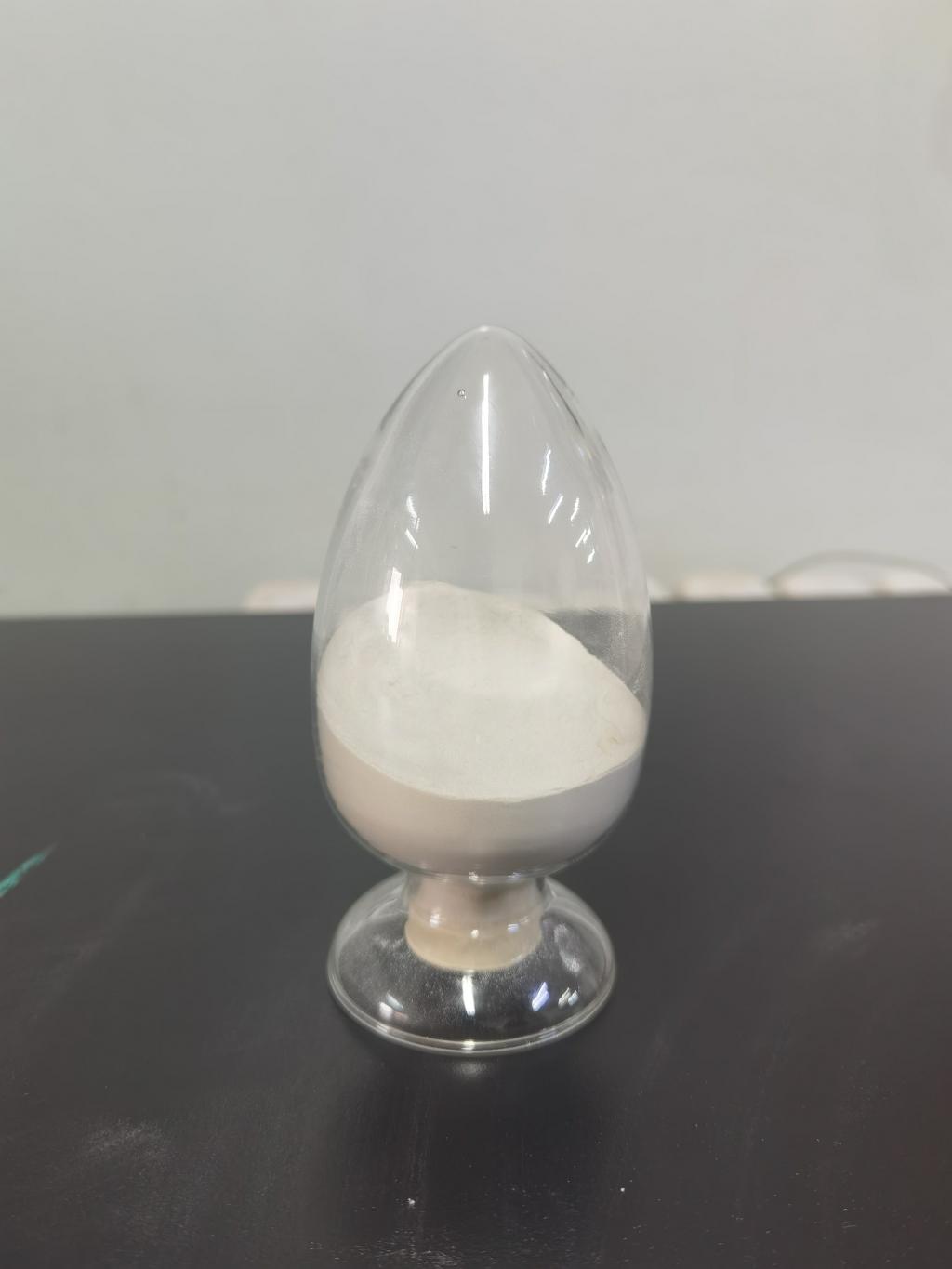Tel:+8618231198596

News
 CONTACT
CONTACT
 CONTACT
CONTACT
- Linkman:Linda Yao
- Tel: +8618231198596
- Email:linda.yao@dcpharma.cn
- Linkman:CHARLES.WANG
- Department:Overseas
- Tel: 0086 0311-85537378 0086 0311-85539701
News
The market opportunities for nisin in emerging economies.
TIME:2024-11-12
1. Growing Demand for Processed and Packaged Foods
Emerging economies are witnessing a shift in consumer behavior, with increasing demand for processed and packaged foods due to urbanization and rising disposable incomes. Busy lifestyles, the growth of retail chains, and the convenience offered by packaged foods have led to higher consumption. However, with limited infrastructure and food preservation options, spoilage and foodborne illnesses are a concern in these markets. Nisin, as a natural and effective preservative, offers an opportunity to address these issues, enhancing the shelf life and safety of processed foods without compromising quality.
2. Rising Awareness of Food Safety
Food safety concerns have become more prominent in emerging economies due to high-profile foodborne illness outbreaks and increased consumer awareness. Governments are implementing stricter food safety regulations and encouraging the use of safe preservatives. Nisin, as a natural preservative with established antimicrobial properties, aligns well with these regulations and public health goals. Its reputation as a safe and effective preservative could boost its acceptance, particularly in products like dairy, meat, and beverages, which are highly susceptible to microbial spoilage.
3. Preference for Natural Preservatives
Consumers in emerging economies are increasingly looking for natural, clean-label ingredients in their food products. This trend mirrors global shifts toward healthier and "free-from" products that avoid synthetic chemicals. Nisin, derived from natural sources and recognized as safe by major regulatory bodies, meets this demand. In markets like India, Brazil, and China, where there is growing concern about artificial additives, nisin’s natural origin and safety profile can be strong selling points for manufacturers looking to differentiate their products.
4. Food Waste Reduction Initiatives
Food waste is a critical issue in many emerging economies, where infrastructure for storage, distribution, and refrigeration may be underdeveloped. Nisin’s ability to extend shelf life can play a significant role in reducing food waste by preserving perishable items. In regions where food losses are high due to spoilage, the application of nisin in dairy, meats, and ready-to-eat foods can mitigate waste, supporting both economic and environmental goals.
5. Opportunities in the Growing Dairy and Meat Sectors
The dairy and meat industries in emerging economies are expanding, driven by increased consumer demand and the growth of local agricultural sectors. However, these products are prone to rapid microbial spoilage, which can compromise safety and quality. Nisin’s antimicrobial effectiveness against a wide range of spoilage organisms makes it an attractive solution for dairy and meat producers aiming to increase product shelf life while ensuring safety. By adopting nisin in their preservation processes, producers can improve the safety profile and marketability of these products.
6. Government Support and Regulatory Frameworks
Governments in many emerging economies are recognizing the importance of food safety and are supporting initiatives to reduce spoilage and waste. Some governments have started promoting research into natural preservatives and creating regulatory frameworks that support their use. The regulatory approval of nisin in regions like Latin America, Asia, and Africa could further drive its adoption by simplifying compliance for food manufacturers.
7. Challenges and Considerations
While the opportunities are substantial, there are challenges to nisin’s market expansion in emerging economies. The cost of nisin may be prohibitive for some small- and medium-sized enterprises, which dominate the food production landscape in these regions. Additionally, limited awareness of nisin’s benefits and lack of infrastructure for cold chain storage could affect its adoption. To overcome these challenges, awareness campaigns, government incentives, and partnerships with local food producers could be valuable.
Conclusion
The market potential for nisin in emerging economies is significant, driven by growing consumer demand for safe, convenient, and natural food products. With its proven efficacy in extending shelf life and preventing microbial spoilage, nisin aligns with both consumer preferences and regulatory trends in these regions. By addressing challenges related to cost and awareness, manufacturers and stakeholders can tap into nisin's potential to meet the needs of dynamic and expanding food markets in emerging economies.
- Tel:+8618231198596
- Whatsapp:18231198596
- Chat With Skype







